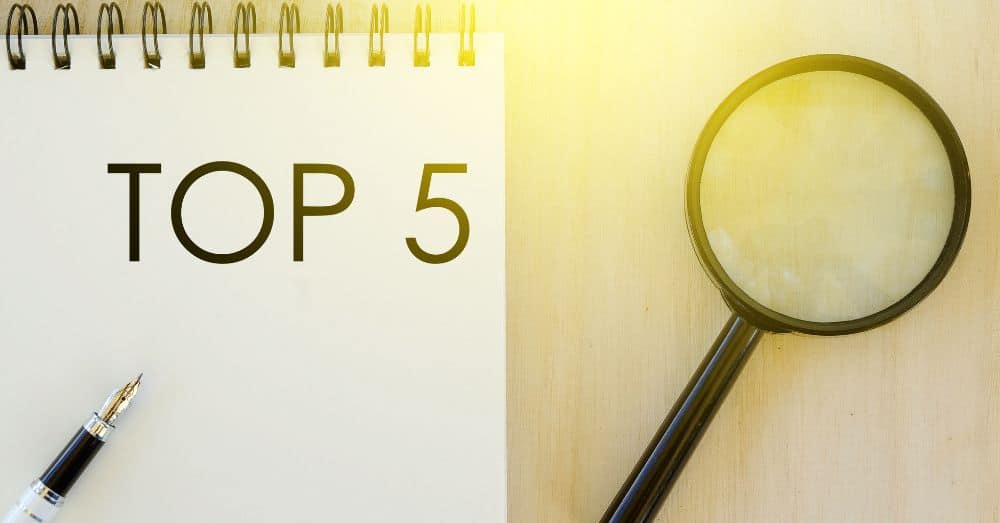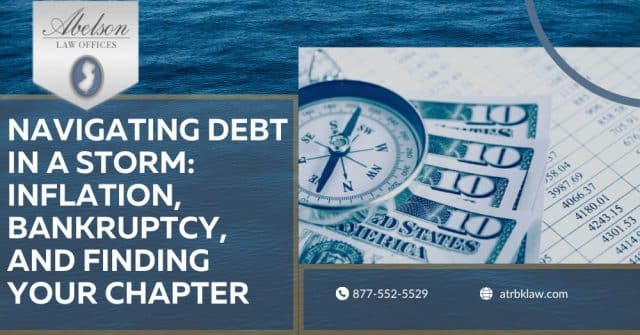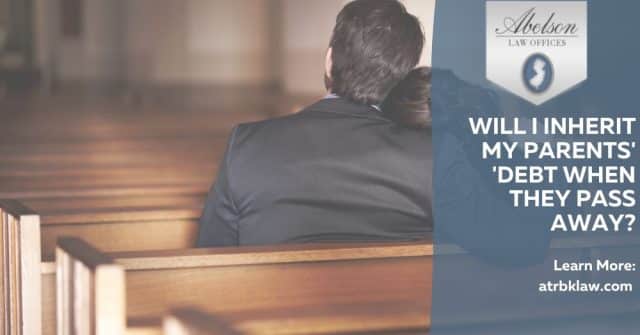On average, 5,102 Americans filed for bankruptcy each day that court was in session over the first four months of this year — and that’s the good news. Bankruptcy filings are down 13 percent so far in 2012, according to the American Bankruptcy Institute.
The bad news, according to Florida attorney Brent Rose, is that policies that could have helped limit health care-related bankruptcies may not survive a court challenge, and that foreclosed homeowners are increasingly being pushed into insolvency by their banks.
Data suggest that foreclosures historically have made a relatively small contribution to U.S. bankruptcy rates, contributing to about 1.5 percent of the 1.4 million filings submitted each year. In general, when a borrower falls behind on a mortgage, the most that a bank will do is foreclose – even if it cannot sell the property for as much as the homeowner owed. But Rose said he’s starting to see banks come after the “deficiency,” or difference between what a property owner owed and what the home was worth at the time of foreclosure.
“I was just in court this week and half the cases on the docket were the bank going after the house, the other half were the bank going after the deficiency,” said Rose, a partner in the Orsini & Rose Law Firm.
According to an analysis of multiple studies by debt-relief agency ClearBankruptcy LLC, the top five causes of personal bankruptcies are:
5. Unexpected disaster
It could be a hurricane, a death in the family or another nasty surprise – unexpected disasters underlie 7 percent of U.S. bankruptcies, and can especially cause problems for people with inadequate insurance.
4. Divorce
Splitting up is spendy, and when former partners have to get by without each other’s financial support while paying legal fees, going from one household to two, and sometimes taking on other costs, it’s little wonder that divorce contributes to 8 percent of bankruptcy filings.
3. Out-of-control spending
Some say shoppers who rack up huge credit card bills before heading to bankruptcy court are guilty of reckless spending and shouldn’t be able to wipe the slate clean, but Rose said he does not buy the frequent claim that irresponsible choices are at fault. More often, people with very tight budgets use plastic to pay for basics, like food, or to handle unexpected expenses, like car repair. When interest rates are high and incomes are low, the debt climbs fast. About 15 percent of bankruptcies fall into this category.
2. Job loss
When the housing market crashed, many people employed in related sectors lost their jobs. Rose said he saw a surge in filings from construction workers and real estate industry employees. Those people are no longer filing for bankruptcy in such high numbers, Rose said. The labor market is improving, but unemployment in the U.S. still remains abnormally high. About 22 percent of bankruptcy filings are linked to a job loss.
1. Medical expenses.
As many as 62 percent of bankruptcies were caused by medical costs, according to a Harvard study.
Close to three out of four health-cost related bankruptcies are filed by people who had insurance – just not good enough insurance enough to cover the high costs of modern medical care. “I may see a $100,000 bill covered by insurance – but it comes with a $20,000 co-pay,” Rose said.
Rose said he was once optimistic that the Affordable Care Act, sometimes nicknamed “ObamaCare,” would help already-insured families to get better policies and avoid medical-emergency bankruptcies. “Now I think the Supreme Court is going to overturn the law’s insurance mandate,” he said. “The Afordable Care Act would have prevented a lot of bankruptcies, but we’re not going to get there.”
When should you talk to a bankruptcy attorney?
Many people in tough financial straits wait so long to seek help that they can barely afford a bankruptcy attorney. By talking to a lawyer early on, you may be able to get more help and tackle your problems sooner. According to Rose, if any of these warning signs apply to you, it’s time to pick up the phone and ask for legal advice:
You’re charging essentials, like food and gasoline, to your credit card, because you can’t afford them up-front.
You’re eating less, not to lose weight, but because you can’t afford food.
You’re getting depressed about not being able to afford the activities you enjoy, like hanging out with friends or filling the gasoline tank for a drive to visit family member.
“Bankruptcies are going down. That may be a sign of growing economy strength,” Rose said. “But if you are having problems, you should talk to a lawyer before they get worse.”
Article from lawyers.com




